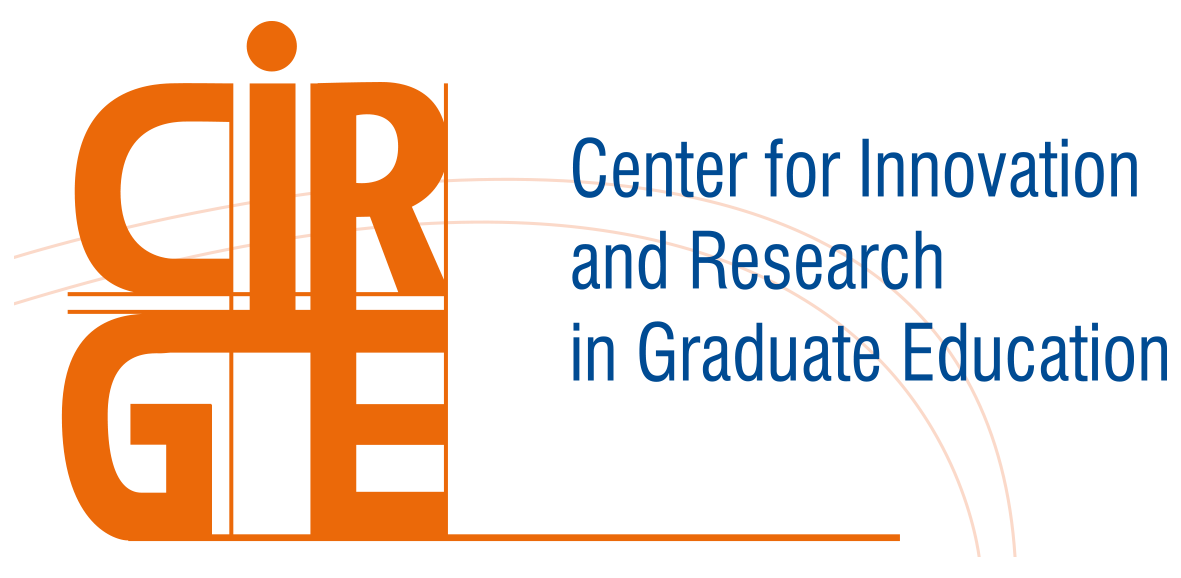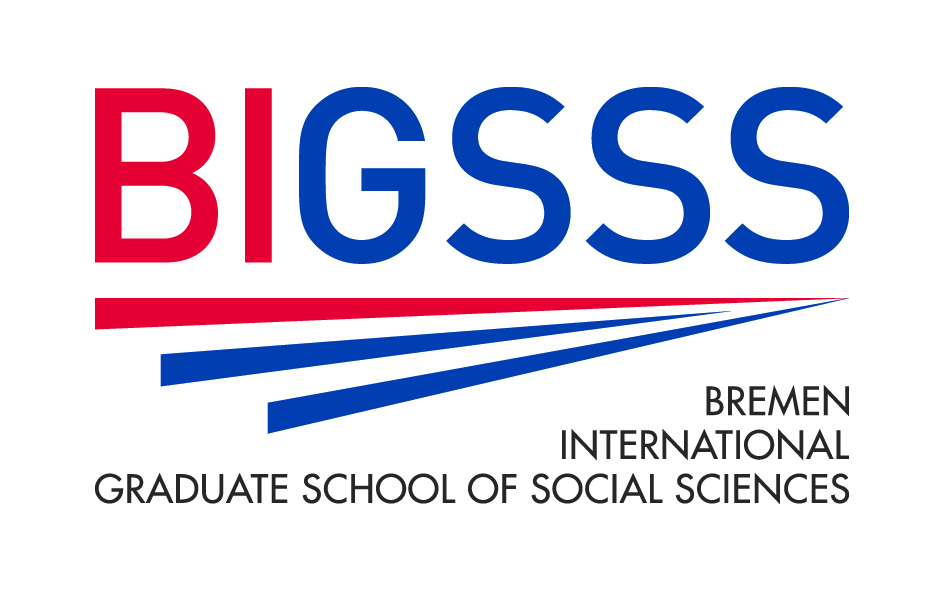Hannover Recommendations 2019
In September 2019 a group of more than 160 experts from around the world, education researchers together with leaders of doctoral education,
Early Career Researchers and funding agency representatives, met at an international conference in Hannover to discuss ‘Forces
and Forms in Doctoral Education Worldwide’. We are grateful for the active engagement of all participants and for generous
support by the Volkswagen Foundation for the conference. Over several months five expert working groups produced position
papers which were presented and discussed at the conference.
The joint expert group with input fromthe participants has the following recommendations to improve doctoral education worldwide, to facilitate the development of the
researchers of the future around the globe, and to develop a more inclusive and respectful research environment.
Our view is that originality of research is at the heart of doctoral education and should remain there. Developing ‘creative critical
autonomous and responsible intellectual risk takers’ is the unique feature of doctoral education and is of great value both to the
doctoral graduate and to society at large. This implies that doctoral education must be driven by research challenges as well as societal
needs together with the inspiration of the candidates, and not primarily by political considerations.
1. Establish a global joint value system for doctoral education based on an ecology of knowledges which recognizes and seeks to overcome existing inequalities in the access to doctoral education and the provision of knowledge.
We recommend to
- establish a Joint Value System rooted in the universal principles of the United Nations Human Rights Charter. It should be based on respect for the individual and aim for an equilibrium of knowledges from South, North, East and West including indigenous knowledge systems in an ‘ecology of knowledges’;
- realize a broader concept of education in the sense of ‘Bildung’ by including political, social and ethical dimensions to prepare engaged and wise global citizens working to extend and translate knowledge for the public good.
- consider as knowledge that which is defined and assessed by international and intercultural peer communities;
- promote open science where research data and other research results are freely available in such a way that others can collaborate and contribute, with just access to data, research resources and ownership of intellectual property.
2. Foster diverse ways of operating – embracing diversity of cultures, people and universities.
We recommend to
- support translations between cultures, acknowledging their diversity and respecting their varied ways of addressing research challenges;
- embrace the full spectrum of people and be open to and for all on equal terms, giving those with suitable creative, critical and intellectual potential the opportunity to participate in doctoral education including protecting those who are at risk in countries where they are striving for freedom of thought and creativity;
- respect that different universities have their own distinctive missions and priorities that relate to their particular societal context;
- recognize that there are diverse ways of achieving excellent doctoral education and that maintaining this diversity is an asset and guarantor for mutual learning worldwide.
3. Encourage diverse forms of mobility to develop multiple careers and ensure a more balanced distribution of talent around the globe.
We recommend to
- provide international, intersectoral, and interdisciplinary as well as virtual mobility opportunities in doctoral education in order to support exposure to new fields, and to empower deep and diverse questioning leading to new ideas, assembling evidence to support these ideas, and defending them to peers and to society;
- ensure that funding balances existing inequalities between research systems by helping to address unequal flows of talent and by challenging traditional mobility patterns.
4. Ensure that the key contribution of the Arts, Humanities and Social Sciences research and doctoral education gets strong support.
We recommend to
- recognize the pivotal role of the Arts, Humanities and Social Sciences in critical questioning and in reflecting on basic human and social questions and technological developments;
- review the balance of funding between disciplines continuously, particularly to ensure that the Arts, Humanities and Social Sciences are not disadvantaged in comparison to STEM fields.
5. Support more research on doctoral education for evidence-based decision-making on doctoral education around the globe.
We recommend to
- identify attributes that are sought and needed in doctoral graduates and the ways that they are best attained;
- support research on skills development, considering that attributes are not entirely clear or consistent and may change over time given the very diverse careers that doctoral graduates may follow;
- track careers transparently and comprehensively to establish an evidence base for change in doctoral education, to encourage and involve alumni as agents of change, and to illustrate the value of doctoral education to society at large, especially in the face of recent political curbs on higher education and research;
- work towards standardised and shared data on doctoral education across countries in addition to national data collection.
6. Advance the institutional environment for doctoral education continuously.
We recommend to
- continually review and enhance the way doctoral candidates are educated to ensure that they meet the needs of our times, especially in view of the increasingly complex and urgent problems, the rapidly changing digital environment, and the need for understanding and interaction across cultures and disciplines;
- address issues of lack of diversity in admissions and of high attrition rates in some disciplines;
- allow for more flexibility in doctoral completion timeframes;
- foster transparent processes which can be judged by clear and credible quality assurance processes for accountability to and transparency for all stakeholders;
- provide individual fellowships alongside project funding at sufficient rates to cover adequate living costs, particularly in order to support intellectual risk taking and the full spectrum of research topics;
- ensure that all doctoral candidates, regardless of funding source, have equal access to continuous professional development and education opportunities;
- raise the awareness of employers around the world of the changes in doctoral education in recent decades and the value of doctoral graduates in the workforce.
7. The pivotal goal of doctoral education must be and remain the development of original, responsible, and ethical thinkers, and the generation of new and original ideas and knowledge.
We recommend to
- instill social and ethical responsibility in doctoral candidates and as well as a desire to stand up for their own ideas and to take them forward for the benefit of society;
- foster a culture where doctoral candidates undertake research with integrity, recognise the issues of reproducibility and the importance of negative results, and see beyond bibliometric and other quantitative parameters as means to value success.
- develop responsible and resilient researchers who are entrusted with defending the freedom of research and thought, limited only by ethical boundaries.





